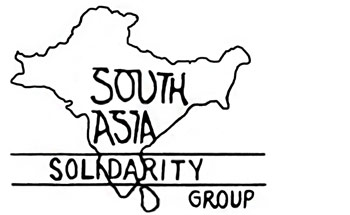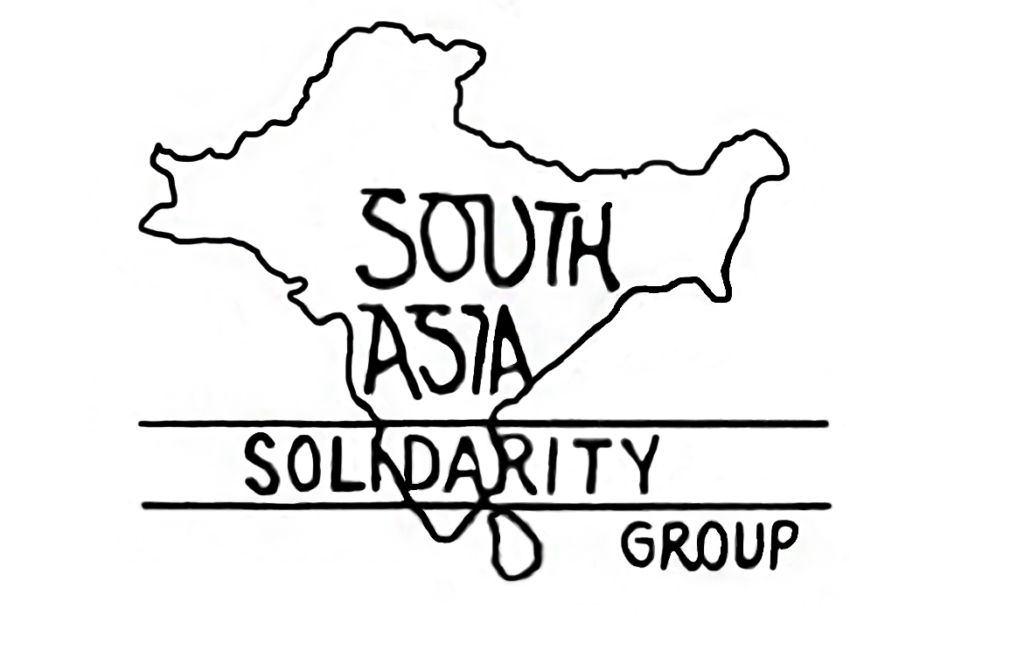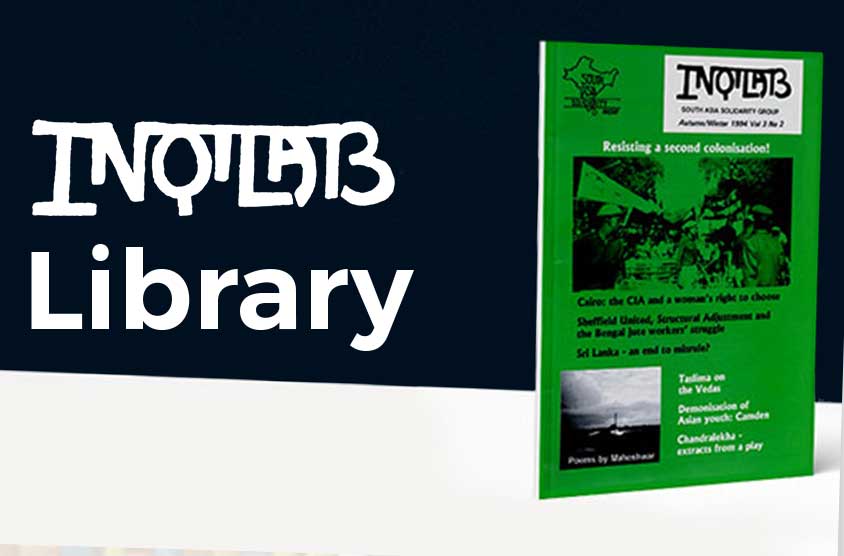PUBLIC MEETING: Stop the Killings of Journalists in Modi’s India, 24 October 2017, London
- October 24, 2017
- Posted by: kevbha
- Category: News
Well-known Indian journalist Rana Ayyub, and anti-communal activist Teesta Setalvad will join Tim Dawson, President of the National Union of Journalists, academics and activists at a Public Meeting titled ‘Stand up to the murder of dissent – Stop the Killings of Journalists in Modi’s India!’ on Tuesday 24th October at 7pm in Room G05, University of the Arts London (UAL), 272 High Holborn, London WC1V 7EY.
The meeting will discuss the crisis in human rights in India with a specific focus on the murder of Gauri Lankesh and other journalists and intellectuals.
The sackings, on line smear campaigns, and death threats against journalists and the prosecutions and defamation charges which are being used to gag journalists and dissenters for writing and speaking the unvarnished truth.
It will send a message to the Indian Prime Minister Narendra Modi that journalists internationally and global organizations are watching and that India is in danger of abrogating the most basic requirement for democracy – a free press. Not only is India now 136th among 180 countries in terms of freedom of the press with the Modi regime being held responsible, but according to Reporters Without Borders, India is ‘Asia’s deadliest country for media personnel ahead of both Pakistan and Afghanistan’.
Speakers will include:
Teesta Setalvad: Well-known anti-communal activist who has fought tirelessly for justice for the victims of the genocidal riots of 2002 in Gujarat.
Rana Ayyub: Journalist & author of ‘The Gujarat Files’ an account of an 8 month undercover investigation into the fake encounters and murders which took place during and in the wake of the Gujarat riots of 2002. (Both on video link)
Mohammed Aboulenein: Head of News at Al Arabi TV, which has recently been under pressure from a number of Arab regimes. He will also speak about Al Jazeera journalists who have been killed, imprisoned and faced other human rights violations.
Nitasha Kaul: Kashmiri writer and academic who will speak about the harassment and murders of Kashmiri journalists.
Tim Dawson: President, National Union of Journalists who will express the grave concern of the NUJ and International Federation of Journalists at the state of affairs for journalists in India
Speakers commented on the eve of the meeting:
Teesta Setalvad: ‘Apart from the earlier killings of Narain Dhabolkar, Pansare and Kalburgi and the heinous shooting of Gauri Lankesh, a dear friend and journalist, as critically important have been the mob lynchings…overwhelmingly of Muslims; and brutal beatings of Dalits which have been shared on social media. These mob-allies of the ruling party at the centre enjoy a sense of complete impunity … We need to reiterate that the government, which is supposed to uphold the constitution is not run by the parliamentary wing of the BJP, but by the RSS, an organisation committed to unconstitutionalism.’
Rana Ayyub: ‘Gauri Lankesh was the first person to reach out to me in June 2016 after I self-published my book. Her subsequent arrest in a defamation case and the routine threats she encountered from various organisations ensured that the publication got delayed. I suggested to her that I could ask another publication take over because she was embroiled in a legal suit. But she simply laughed and said, “Darling, I am stronger than these nincompoops.”’
Nitasha Kaul: ‘It is important to note that Indian democracy has been experienced very differently by Kashmiris for many decades. Denial of right to self determination and suppression of human rights has been the norm and media has been severely curtailed with journalists frequently being victims of state violence and arbitrary detention, newspapers banned, critical media censored and social media heavily surveilled.’
The meeting will also support a petition which asks the UN to investigate the human rights emergency against minorities and Dalits in India. The petition has already garnered some 40,000 signatures.


